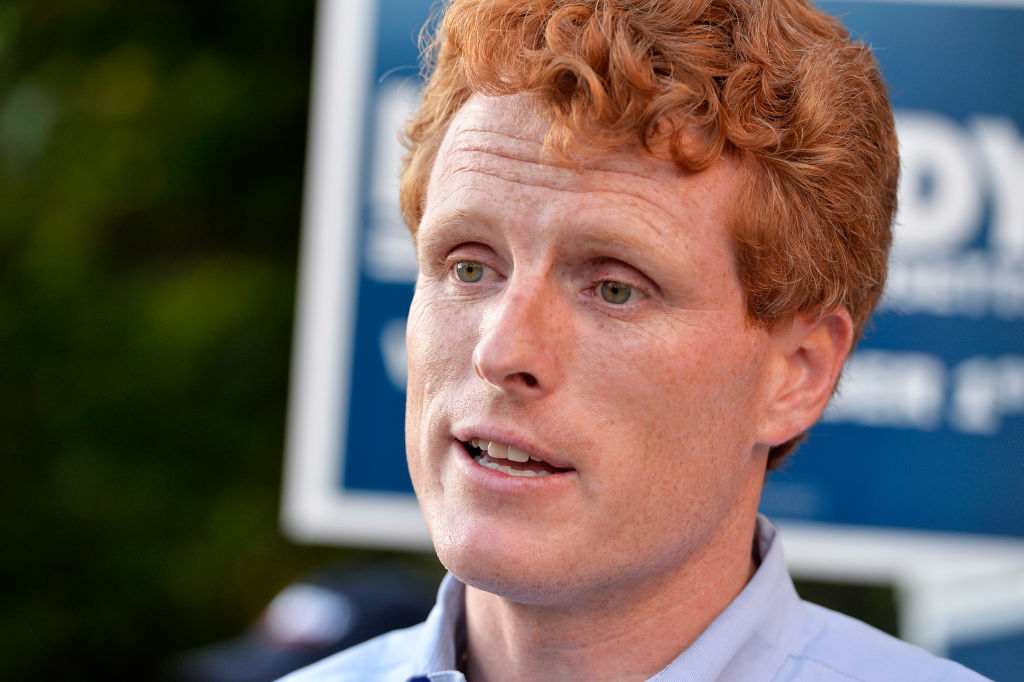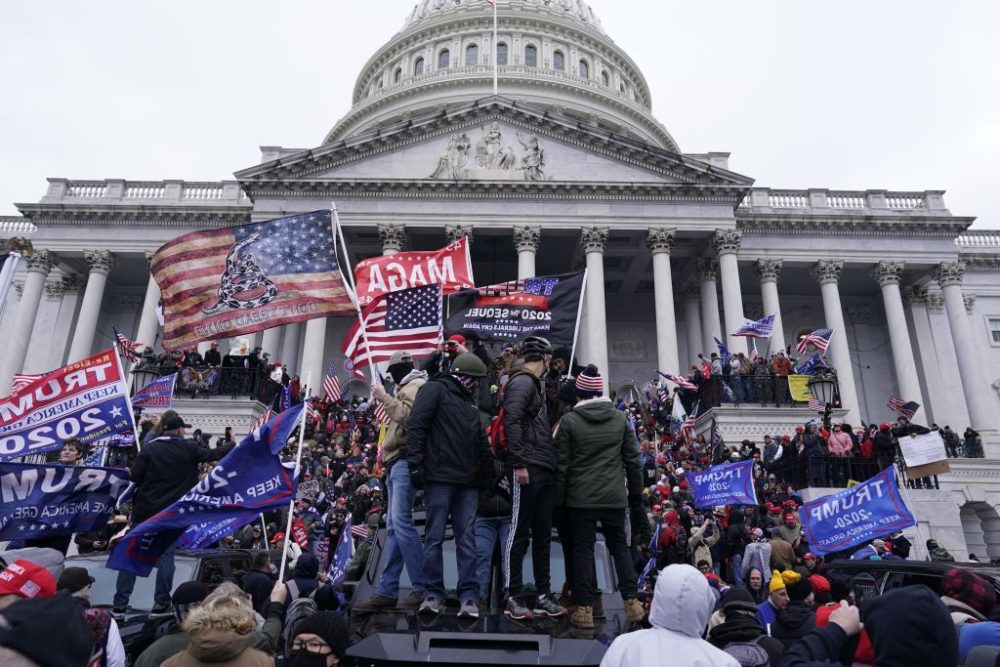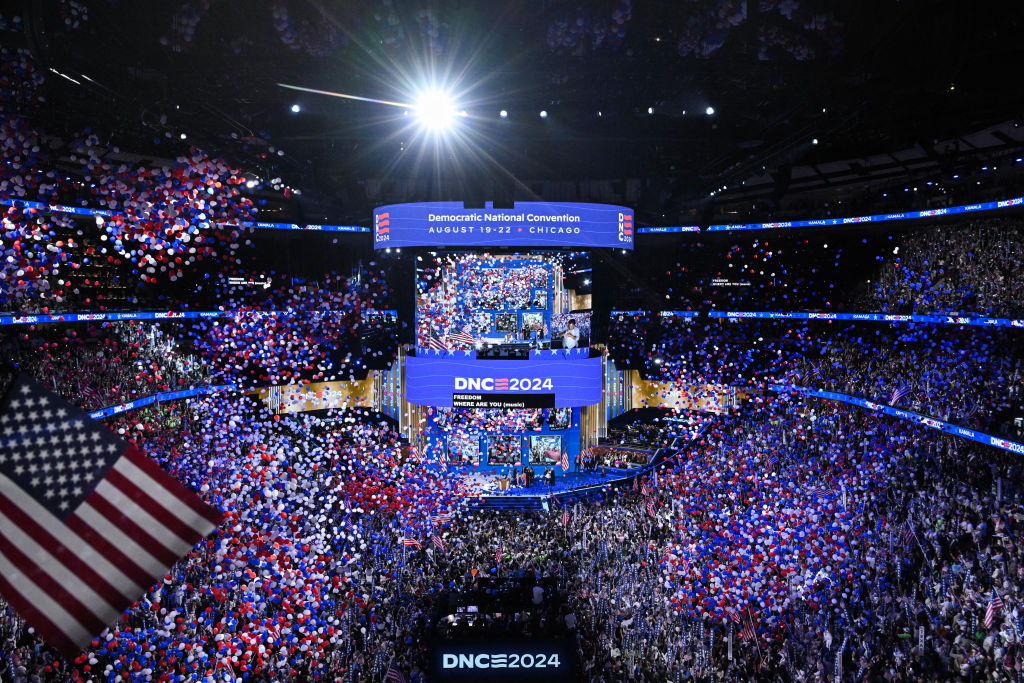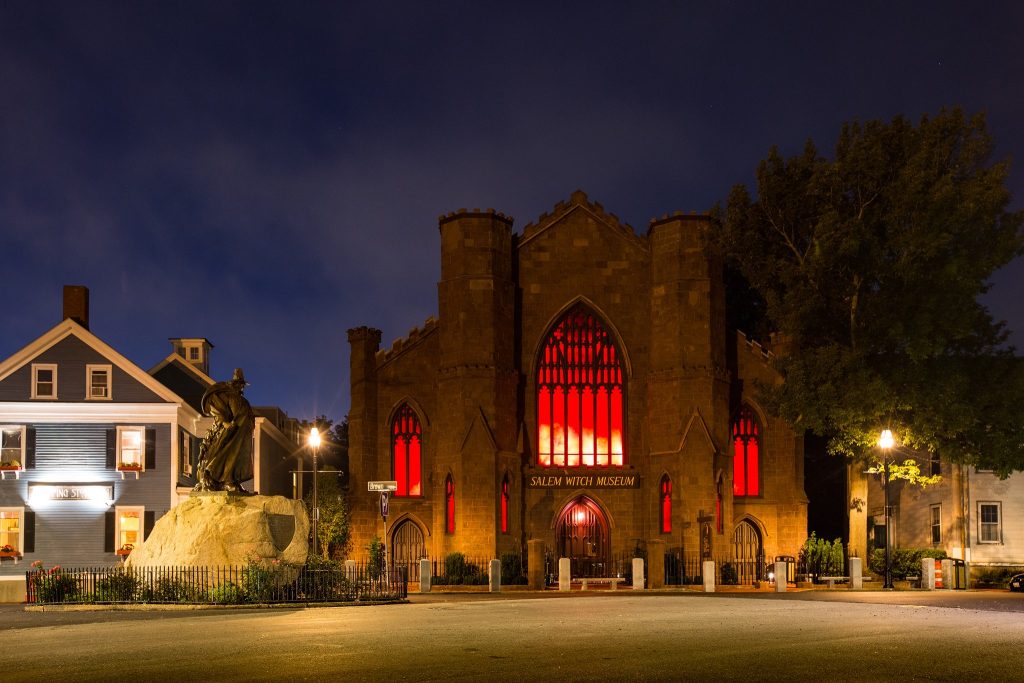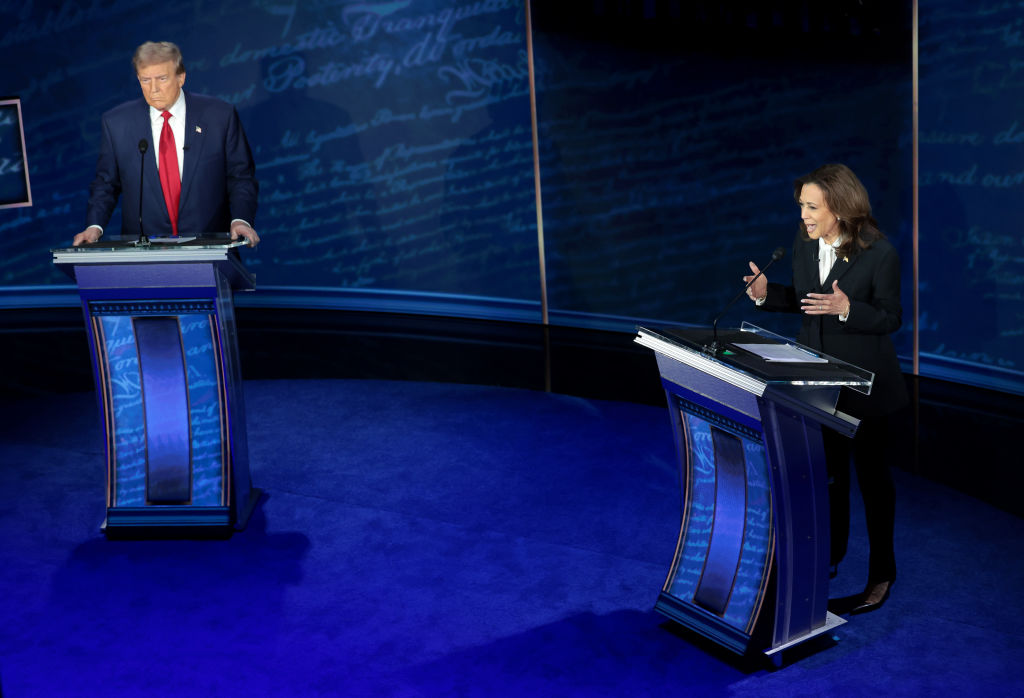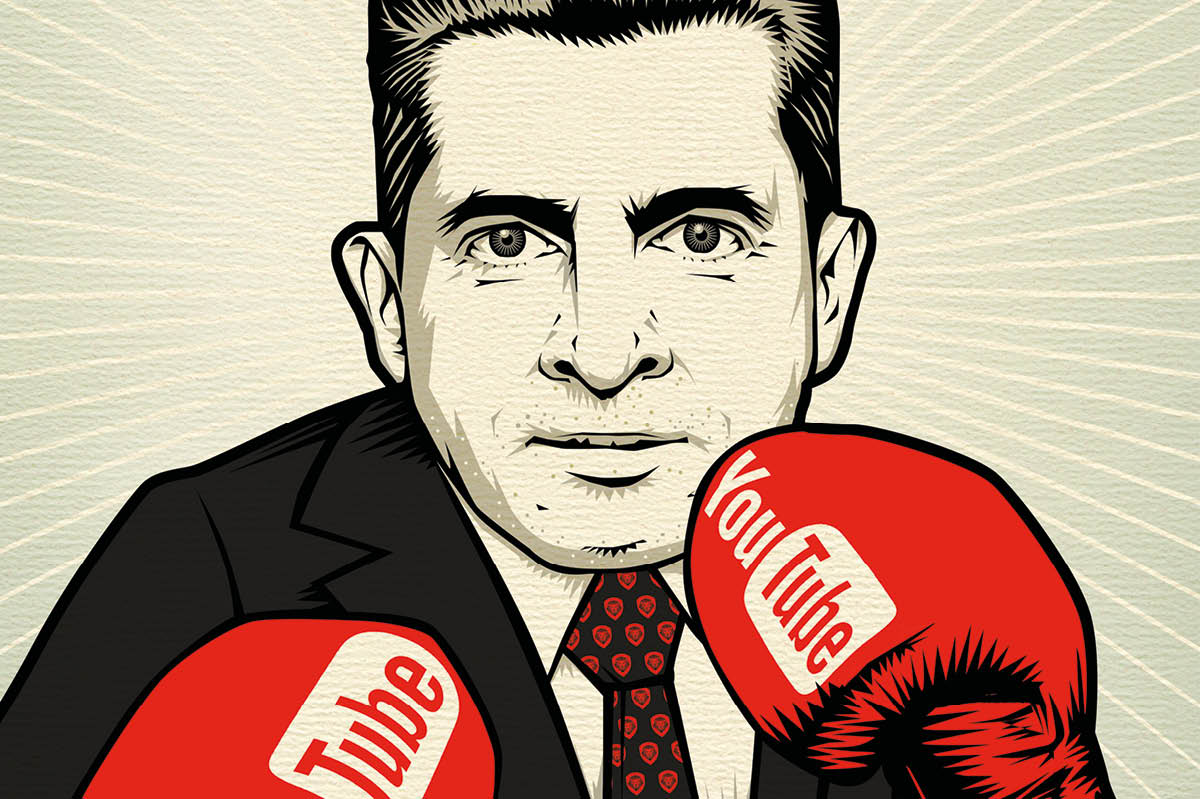The unthinkable happened on Tuesday night: a Kennedy lost an election in Massachusetts for the very first time. Thirty-nine-year-old Rep. Joe Kennedy, III, the only prominent member of his storied family’s fifth generation, lost his primary bid for his state’s Senate seat. He was bested by incumbent Sen. Ed Markey, 74, who has held it since John Kerry resigned to become Secretary of State in 2012. Together with his 36 previous years in the House of Representatives, Markey has served in Washington longer than his freckled opponent has been alive. Given Massachusetts’s solidly blue politics, Markey will certainly win reelection in November, leaving him in the Senate until he is an octogenarian, while young Joe will be consigned to political oblivion as of January.How could this happen? The Democratic party’s radicalization has militated against aged incumbents nationwide, with the likes of AOC and her fellow squadristi routinely ousting pragmatic status quo timeservers who just did not get the progressive job done. Kennedy should have been a perfect fit in their cohort. He buys into the whole progressive package, supports all of its initiatives and enjoyed a rising national prominence that could have easily furthered their agenda in a Senate that may not swallow much of it, even if it flips to Democratic control this year. In 2016 he was chosen to introduce Massachusetts’s other senator, his old law professor Elizabeth Warren, when she addressed the Democratic National Convention. His marriage to a fellow student in Warren’s class was held up as a kind of progressive consecration of the Kennedy family’s continuing legacy. In 2018, just five years into his House tenure, he gave the Democratic response to Donald Trump’s State of the Union address.Markey, as Kennedy’s campaign relentlessly pointed out, voted for the Iraq War, the PATRIOT Act, the tough 1994 crime bill and congressional authorization of military force in Syria. He is also old enough to have a checkered record on racial segregation in a year when race is literally a burning issue. While Markey did co-author the Green New Deal, a commitment that won him AOC’s early endorsement, Kennedy also outspokenly supports it and agrees with Markey on virtually every other contemporary issue.When young Joe announced his candidacy in September 2019, early polling gave him an immediate double-digit lead over Markey for the Democratic nomination. Dozens of his congressional colleagues raced to endorse him. With no significant Republican opposition, he seemed destined to enter the Senate virtually by acclamation at around the same age as his grandfather Robert F. Kennedy and his great-uncles John F. and Edward M. Kennedy, all of whom ran for president after serving in the Senate.But as the months wore on, the race shifted. By spring 2020 it drifted into a dead heat. By the height of our violent summer it was Markey who built what several polls showed to be a double-digit lead. Along the way, he snagged the endorsements of much of the progressive wing of the Democratic party, including Warren, who had no apparent difficulty jettisoning her former student in favor of a man who is older than she is. As Kennedy scrambled for votes in what were reportedly mammoth campaign tours in the weeks before the primary, his most notable national supporter was House Speaker Nancy Pelosi, who does not normally intervene in primary contests but did here amid expressions of resentment against the progressives’ attacks on the Kennedy family’s legacy.Therein lay the real problem. Pelosi, herself the scion of a much lesser political family and often seen as a stumbling block to the progressive agenda in the House, clearly wanted to use her prominence to help a similarly situated politician of the younger generation. Kennedy seemed energized by the gesture. After having rarely mentioned his family in the first months of the campaign, he brought it front and center, sending out mailings with pictures of himself in relief against images of his grandfather, who was assassinated during his 1968 presidential run, as a kind of talisman to rectify a broken promise to a long orphaned nation. He shamelessly trotted out his 92-year-old grandmother, RFK’s widow Ethel, in a cringeworthy video to instruct Massachusetts Democrats to vote for her grandson because he reminds her of her late husband and his dead brothers. In addition to being a pathetic ‘my grandma thinks I’m cool’ appeal, it was also embarrassingly oblivious to the facts that none of the past generation would have survived #MeToo (which young Joe supported while it still was a thing), that nobody under the age of 60 has any living memory of two of them. They can scarcely remember Ted Kennedy without chortling the now funereal word ‘Chappaquiddick’. Lesser Kennedys started to turn up on the campaign trail to sprinkle some of the stale dynastic fairy dust, but it has long since faded in potency. Kennedy lost by eight points.Six decades after JFK’s election to the presidency, Camelot has degenerated into a weird terrarium cultivated by the media and sustained by dwindling trusts for the several dozen living descendants of the businessman Joseph P. Kennedy, Joe’s great-grandfather, whose own scandals in finance, love and war barred him from any major political role. As memories of the family’s ephemeral peak years in the 1960s fade, it has produced unfortunate amounts of addiction, dysfunction, personality disorders, legal trouble, premature death and all the bad press and abundant comedic material that goes with them. At the same time, a compensatory indulgence in lightweight activism, empty virtue signaling and minor forms of public service has deprived the family of income to the extent that the estimated net worth of all living Kennedys combined would not get one individual who possessed it on the Forbes 400 list.As in many decaying families, decline only seems to have fueled sputters of entitlement that underlie virtually every anecdote that circulates about them. The old Kennedy stomping grounds in Manhattan, Georgetown, Cape Cod and Palm Beach are replete with tales young and old of hysterical fits, malignant narcissism, condescending attitudes, dimwitted antics, intoxicated carelessness and all manner of transgressed boundaries that can result from unchecked multigenerational immaturity. They make Trumps and Bushes look comparatively normal. My own encounter with a fifth-generation Kennedy clanswoman, a deeply disturbed young lady who had been the college romance of an ex-girlfriend, revealed public behavior so bizarre that I made it clear that I did not wish to see her again. I have been told that it took many years and a great deal of therapy for her to understand why, but I am inoculated against any interest in clearing the air.
[special_offer]
That minor episode was more personal, but the sight of a Kennedy oozing privilege while playing the ancestry card soured voters even in the family’s home citadel to the point where young Joe became not just unelectable to the Senate but even unable to qualify for the general election. Radical egalitarians rarely have time for dynasties and his age group turned on him decisively. In the days leading up to the primary, polls of Massachusetts Democrats under the age of 35 gave Markey a two-to-one advantage, with margins widening to a devastating 40-point lead among those under 30. With JFK and RFK now in the despised Valhalla of dead white males tottering above a country that barely teaches its own history, young people’s only experience of the Kennedys is the crooked and lecherous Mayor Quimby on The Simpsons and the occasional news item about an accident or overdose.Young Joe’s gilded path through private school, Stanford and Harvard Law to a seat in Congress offered a real-life simulacrum upon which they could transfer scorn. Anger and resentment rose to the point that his campaign reportedly received daily death threats and a barrage of disquieting mockery of his older family members’ assassinations. Unusually for a primary candidate outside the congressional leadership, he called in the US Capitol Police to protect him and also accused the Markey campaign of fomenting the invective. Markey denounced it, as he should have, but whenever the family issue came up, nevertheless made it a point to remind audiences combining fanaticized suburban meritocrats with the downtrodden urban poor that his father was a milkman. Young Joe’s failure is hardly unique in his family milieu. The past 25 years have been littered with broken Kennedy dreams; indeed Joe’s congressional victories earlier this decade made him the only Kennedy to be newly elected to national office in the 21st century. In 1998 his father, who also served as a Massachusetts congressman, became the first Kennedy to leave politics voluntarily after his brother and campaign manager Michael Kennedy died in a skiing accident amid rumors of an affair with his children’s teenage babysitter. Four years later young Joe’s aunt Kathleen Kennedy Townsend embarrassingly lost the gubernatorial election in Maryland, another reliably blue state, to a Republican and never again held elected office. His uncle Christopher Kennedy, who ran for governor in equally blue Illinois, finished third in that state’s 2018 Democratic primary and has no apparent political future. JFK’s daughter Caroline withdrew her name from consideration for appointment to Hillary Clinton’s vacant New York Senate seat when the former first lady became Secretary of State, amid raised eyebrows about Caroline’s qualifications and a 30-minute television interview in which she reportedly managed to interject the filler phrase ‘you know’ 168 times. Ted Kennedy’s son Patrick, a Rhode Island congressman, also left politics in his prime not long after driving drunk into a barrier outside the US Capitol building and going to rehab twice. JFK’s nephew Robert Shriver could not even get elected to Los Angeles County’s Board of Supervisors. I am unaware of any Kennedy with ambitions to run for dogcatcher, but I would not be willing to bet that one would win — even in Massachusetts.



